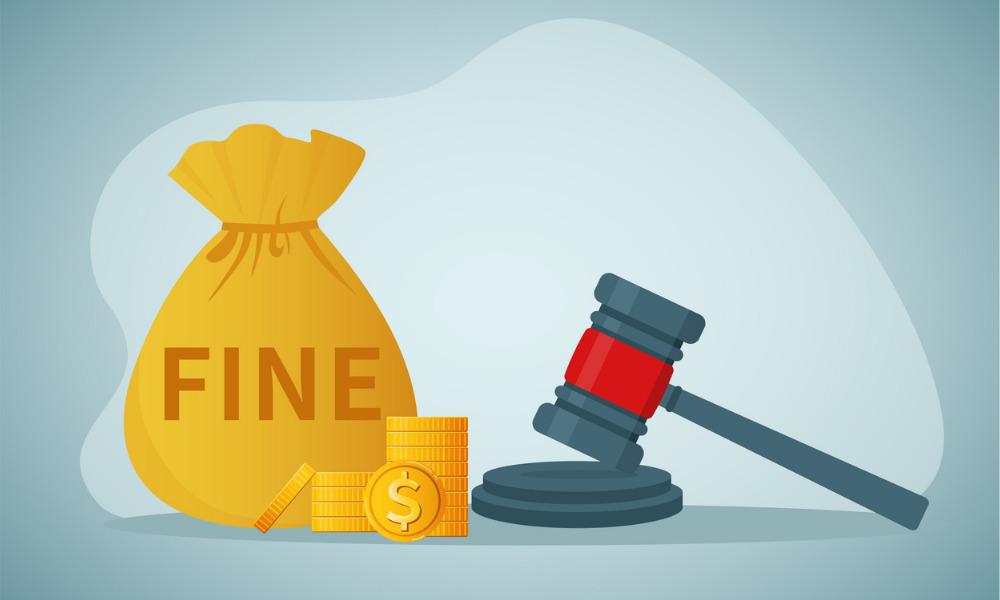
'Criminal penalties do not address why most underpayments occur'

The government's proposal to introduce criminal penalties on wage underpayments will further prevent employers from disclosing and rectifying the practice, according to the Ai Group.
The group, which represents more than 60,000 businesses across Australia, issued the warning in its response to the Federal Government's consultation paper on wage theft.
The consultation paper is proposing more stringent measures to prevent wage underpayment, including raising maximum fines to up to $4 million for errant employers in cases of serious contravention.
Initial reaction from businesses called for assurance that the proposal won't include employers' non-deliberate actions of wage underpayments, but the Ai Group's latest submission was more straightforward in expressing opposition.
"Criminal penalties do not address why most underpayments occur," said Ai Group chief executive Innes Willox in a statement.
Willox added that "unduly punitive framework" would also deter investment and discourage employment growth.
"Exposing businesses, directors and managers of businesses to criminal penalties would operate as a major barrier to employers self-disclosing and rectifying underpayments," Willox said. "It will foreseeably discourage constructive engagement with the Fair Work Ombudsman."
In April, the Commonwealth Bank of Australia (CBA) admitted to knowingly underpaying its staff by over $16 million by using individual flexibility arrangements.
The case, which could see the CBA fined for $666,000 per violation if found guilty, is regarded as one of Australia's major underpayment cases, along with Coles Supermarkets and Woolworths.
Meanwhile, the government's proposal could also delay remedies for underpaid workers, according to Willox.
"Criminal proceedings would disadvantage workers, including the most vulnerable, by significantly delaying civil recovery of underpayments while criminal proceedings are taking place," the chief executive said.
"Where a criminal case is underway, any civil case to recoup unpaid amounts would no doubt be put on hold by the Court until the criminal case is concluded. This means underpaid workers could be waiting years for redress."
In expressing dissent, Willox also clarified that the Ai Group does not condone non-compliance with workplace laws
"However, these matters should be dealt with under the Fair Work Act's civil contravention framework and existing labour exploitation offences under the Commonwealth Criminal Code," he said.